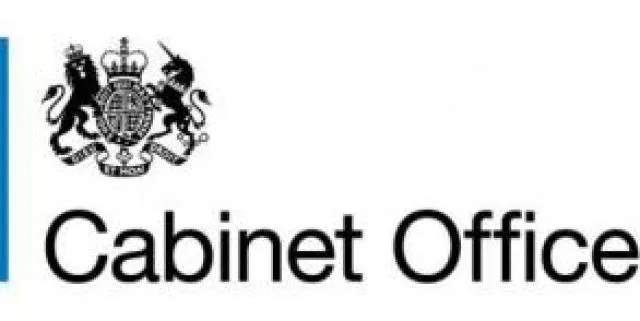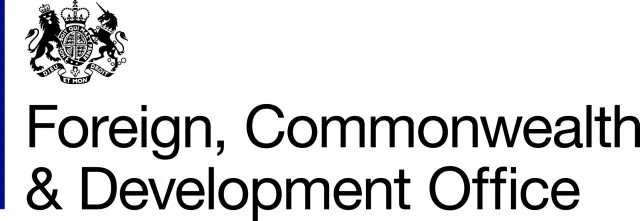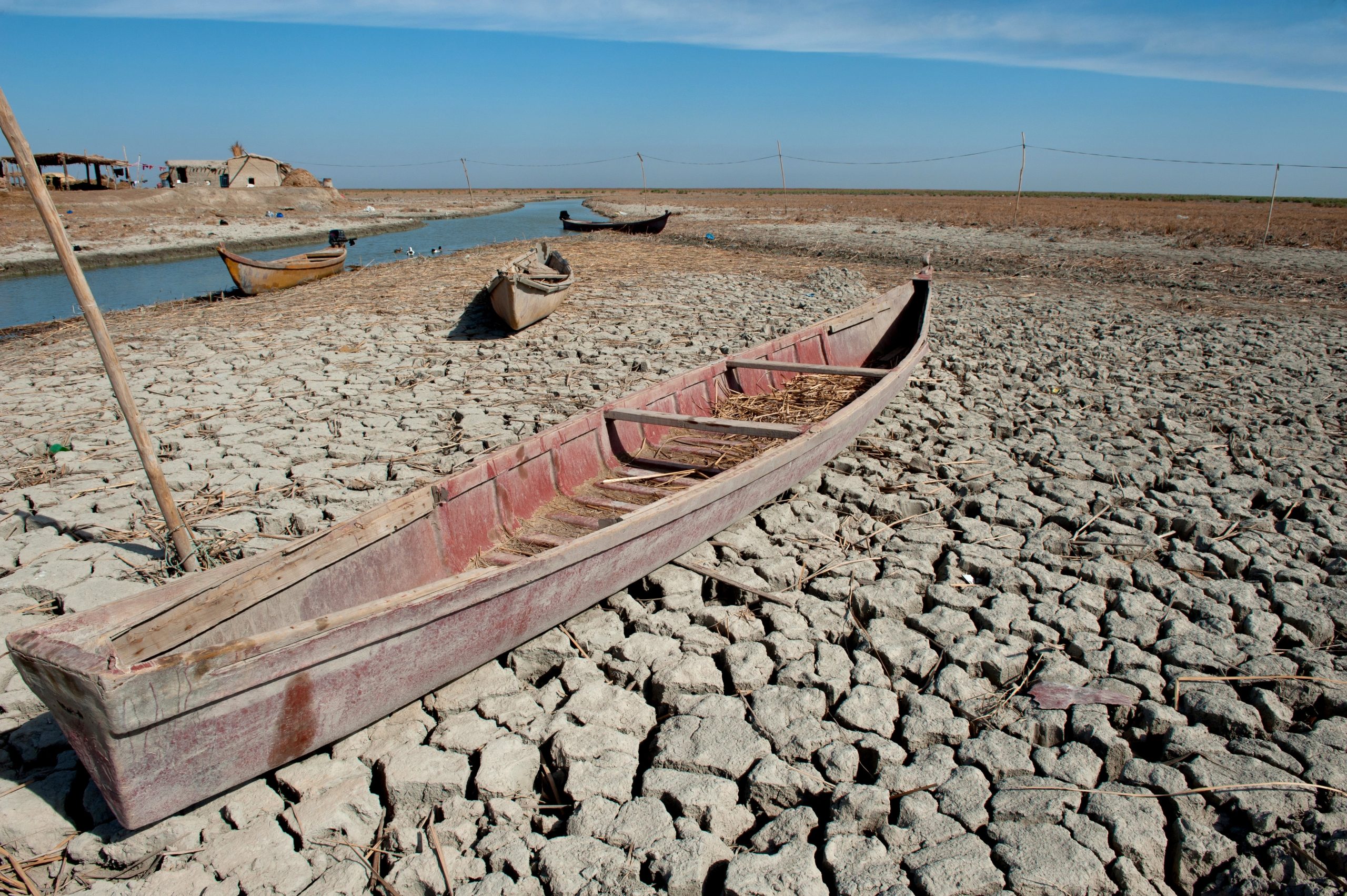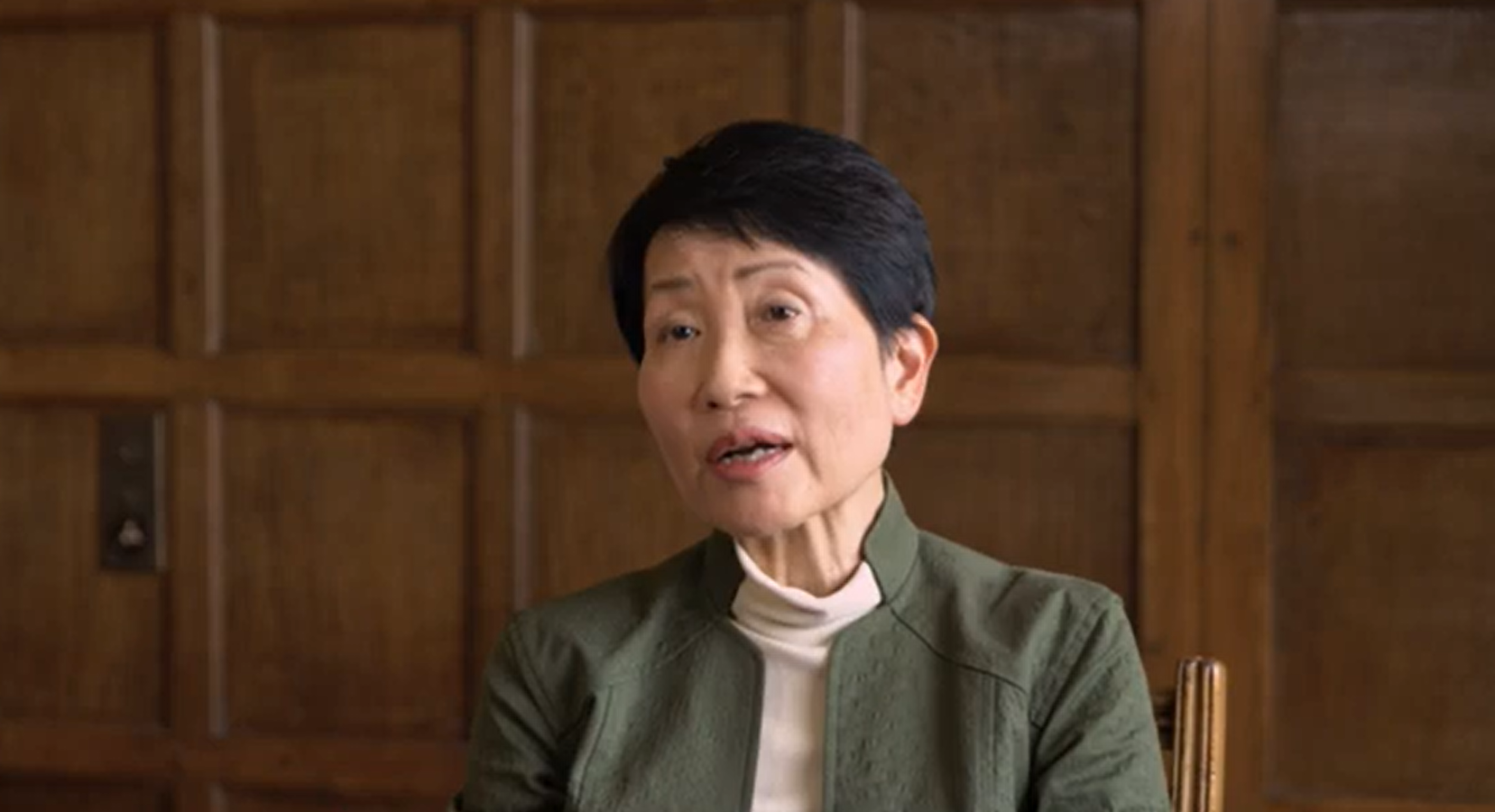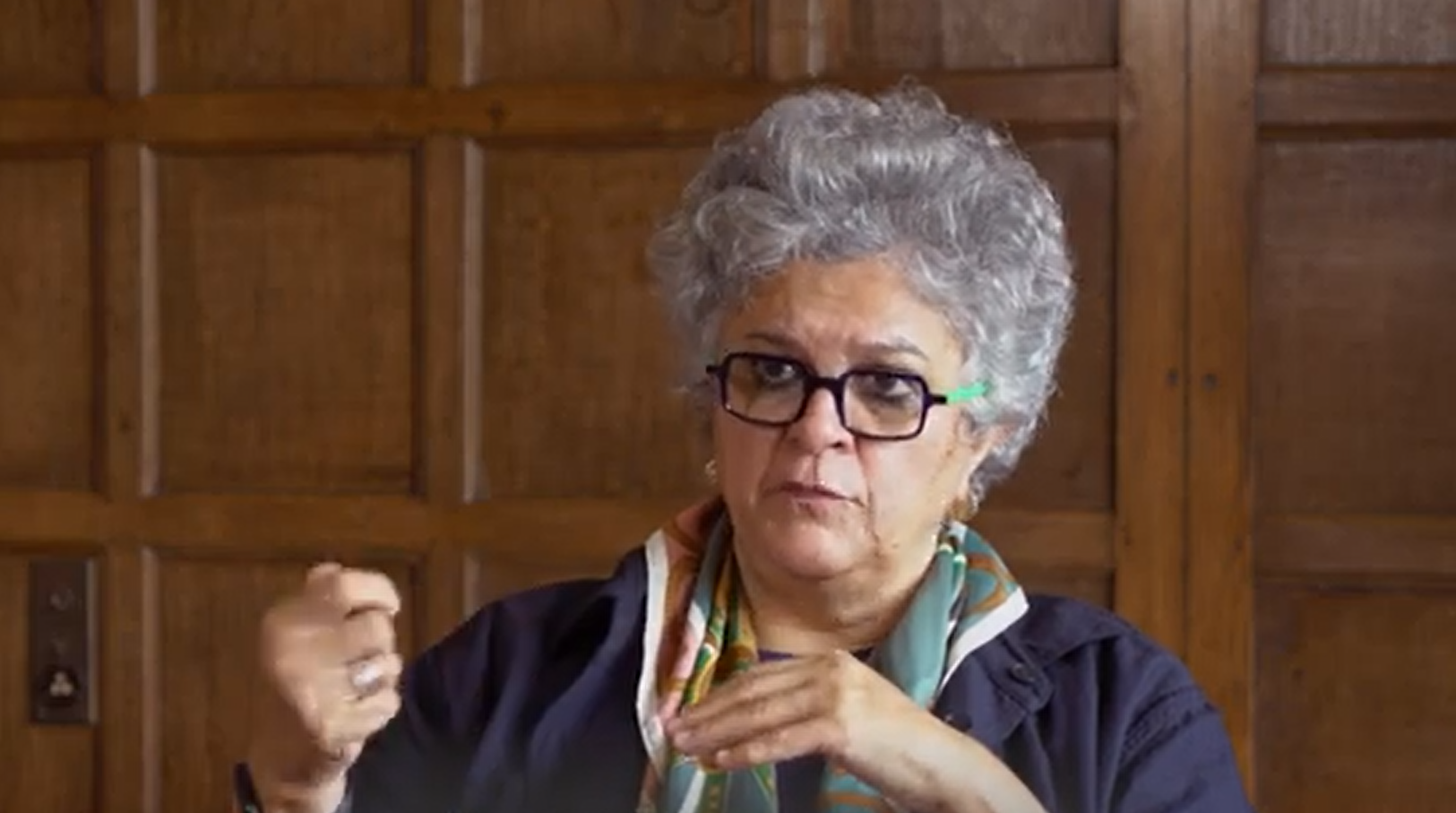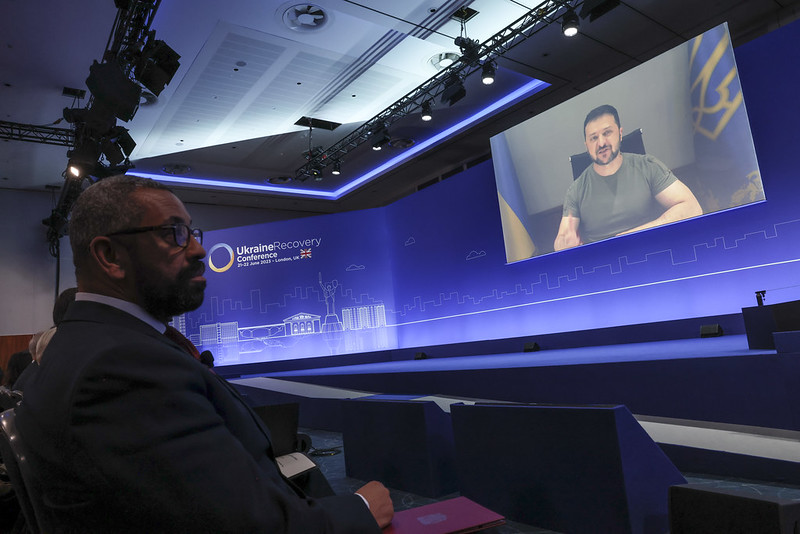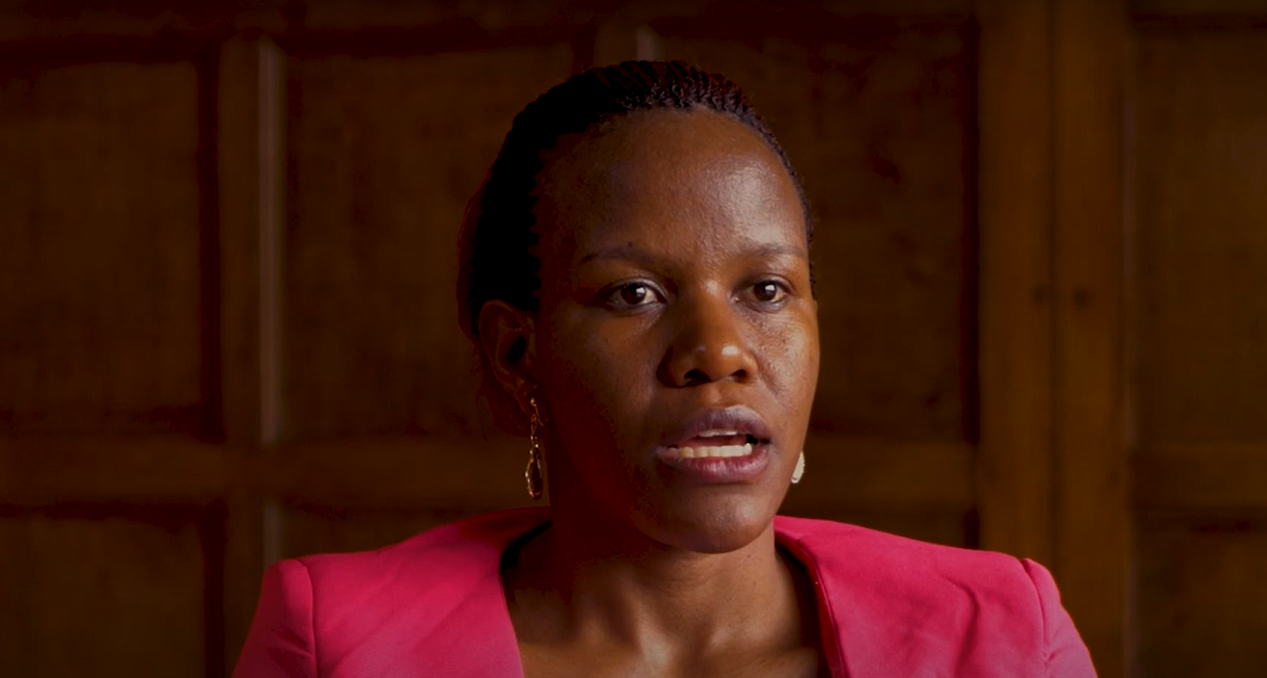Critical minerals markets are often opaque, volatile, and characterised by inconsistent data reporting and asymmetries of information. Problems include data discrepancies, gaps, limited traceability, and pricing mechanism opacity as factors associated with market volatility. Barriers to change result from policy, regulatory, legislative, economic and cultural constraints. International governance is lacking. Policy could drive beneficial change through efforts to improve interoperability, digitalisation and streamlining to reduce transaction costs, support for public / private cooperation, and multi-stakeholder coordination.
To help address such challenges, this conference aims to design a bespoke process to enable trial of a critical minerals markets information-sharing initiative with global reach by building on existing experience. Outputs of the conference should both specify and enable further steps towards:
A. Interoperability development, including an overview of national and regional datasets, which tend to use inconsistent methods, standards, legal frameworks, and technologies across sectors and economies. This should enable proof at scale of interoperability through consistent information system and indicator design, use of digital technologies for certification in international trade networks, and recommendations to national authorities.
B. Public / private cooperation to resolve data licensing issues and to enable consistent reporting of data, such as on:
- critical minerals that are by- / co-products of major commodities;
- ESG and technical standards compliance;
- indicators for use in market assessment and scenario-based “stress-testing”;
- evidence for capability-building needs; and
- issues possibly meriting enhanced policy coordination among stakeholders.
C. Multi-stakeholder coordination to enable regular policy discussion, assessment of outputs, and wider public / private cooperation and interoperability at G20+ level over time.
The full report from this event is available for download from the tab on the right-hand side of this page, or you can access the executive summary and recommendations here.
In partnership with
